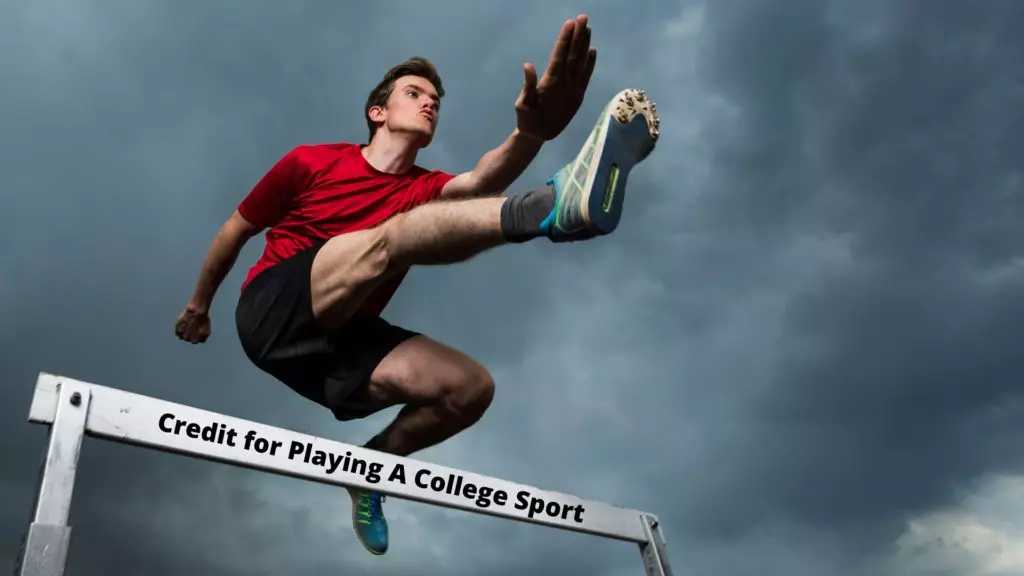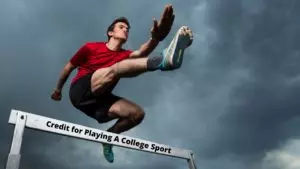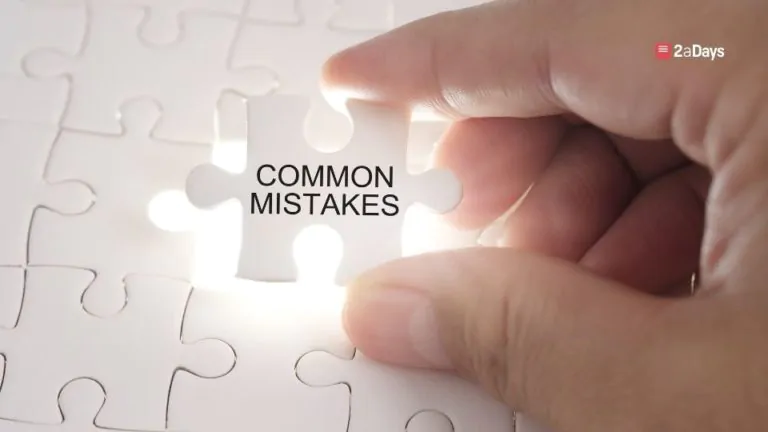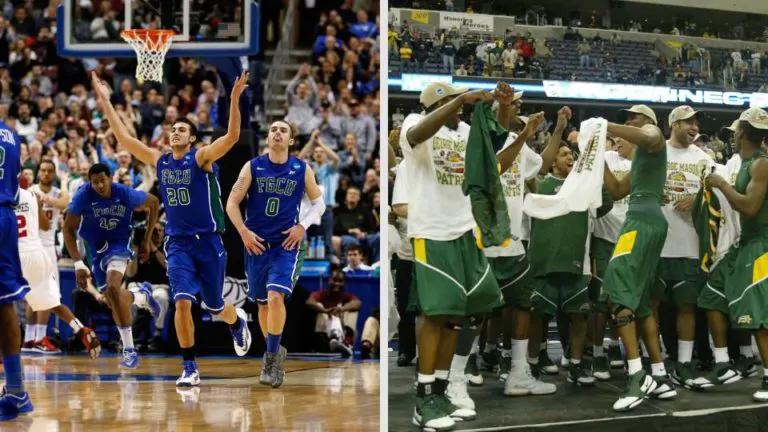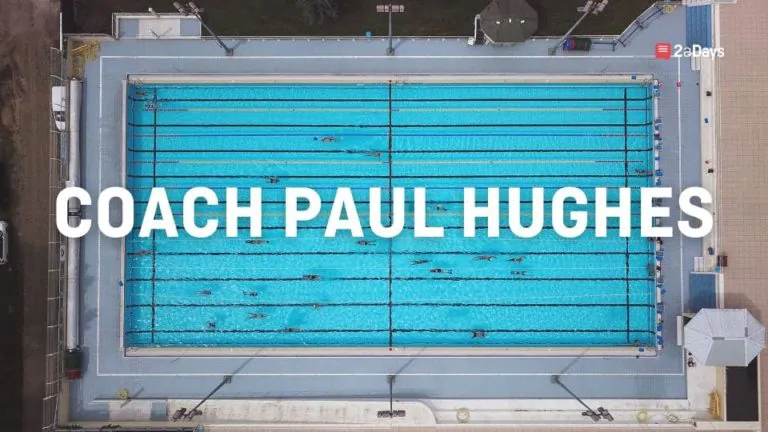At some schools, for example Vassar and Ithaca College, student-athletes are given the opportunity to get college credit for playing a varsity sport. Most student-athletes (SA's) at liberal arts colleges are faced with the challenging task of balancing a full course load (12-18 credits) and maintaining high GPAs while simultaneously dedicating as many as 30 hours each week to their varsity teams: practices, travel to games and training/recovery. Students are given the opportunity to register for Physical Activity classes during the semester, so why shouldn't athletes be able to register for credit for playing a sport? Varsity sports teach SA's valuable life skills such as time management, commitment, communication skills, teamwork, and collaboration. Other students can get credit for dance and theater programs; therefore it only seems right to include athletics as part of the liberal arts experience as well.
Dan Miller, a recent graduate of Skidmore College, sat on the Student-Athlete Advisory Committee (SAAC), and he also was a member of the Varsity Baseball team. He first proposed the idea at Skidmore for SA's getting credit for their sport and received a ton of support from his peers. We asked him a couple of questions about the logistics of the new policy if implemented.
2aDays: Do you think that if athletes are getting credit for athletics, they should have to complete some academic component on or about their sport? (E.g. journaling about goals, classroom sessions on game film and plays, quizzes on different tactics).
When speaking to Skidmore faculty members about the proposal, it was clear that any policy change resulting in credit for varsity athletics would require the recipients fulfill an academic component in some capacity. However, from my experience on the Skidmore Baseball team and with a basic understanding of how other teams operate, it seems that Skidmore coaches could facilitate the sort of guidelines we had imagined without diverting too much from their existing approaches. During the first week of classes each semester, Professors hand out a syllabus detailing background information on the course, goals for the semester and a schedule defining when and how students will be evaluated. Sport's teams are not much different; a coach distributes a handbook to the team that contains core team philosophies, expectations, and the season schedule, complete with practices and games. Additionally, teams meet usually in pre-season to discuss short and long-term goals so all members can be on the same page. This framework would, then, only require instituting a method of evaluation on a satisfactory/unsatisfactory (pass/fail) scale.
UPDATE: As mentioned earlier, athletics teach players valuable lessons that can be applied throughout their lives after college. When speaking with Skidmore faculty, it was mentioned that athletes would not have to complete specific academic assignments. It was suggested that our proposal for credit should focus on the nature of the sport that is inherently academic; for example chalk-talk sessions, time management skills, cohesiveness (working in teams), leadership, and motivation. These are all skills that athletes are expected to practice in the academic classroom as well.
2aDays: Can you elaborate more on how the grading system would work? Would grading be in terms of individual player statistics? Could this lead to in-team competition amongst players?
There wouldn't be a letter grade system imposed for this kind of credit. In the classroom, each student has equal opportunity to be evaluated in the same manner because each student is accountable only to him/herself, whereas teammates hold each other accountable; for example in baseball terms, a pitcher may walk a batter to set up a more favorable situation for the team. A player's role need not be determined by being a superstar on the field; their role is determined rather by being the clubhouse leader or a supportive teammate. The guidelines for measuring success in this way can only reasonably fall under the question of “does he or she contribute to the goals and missions of the team?” This does not mean that a player has to be the leader on the team regarding points; it's the player who is at every practice working to get better and at every game cheering on his/her teammates. Assigning grades in athletics could too easily devote in a zero sum game as the question suggests, and could potentially weaken the position of team goals above the individuals.
2aDays: Is it fair to say that 2-sport athletes would get credit for both semesters? (E.g. Fall- field hockey, Spring- lacrosse)
Yes, 2-sport athletes would be eligible to receive credit in both the fall and spring semesters. My primary motivation for pursuing the policy was to provide a safety net for SA's who find themselves under extenuating circumstances that can ultimately force a choice between allowing their schoolwork to suffer or abandoning their commitment to their team. At Skidmore specifically, athletes must be registered in 12 credits to be eligible to play their sport. If an SA is registered in 15-semester credits and must drop a class for some reason, they are then eligible to compete until their credits are back to 12. This becomes a problem when the “Add class” deadline (usually in the 1st or 2nd week of the semester) has already passed because then athlete's risk being ineligible for the entire season. Two-sport athletes are no less vulnerable to an unforgiving add deadline, so the credit serves a purpose for those individuals each semester.
UPDATE: Another question we were plagued with was what would happen if an SA decides they must quit a team while they are enrolled for athletic credit? When speaking with the registrar it was discussed that there might be a way to allow an SA to solely “Drop” the course instead of withdrawing with no additional consequences or penalties.
2aDays: Is it unfair that some students at colleges don't have the opportunity to receive credit in the form of being on a college team?
As a member of a varsity athletics program I consider this to be a a privilege. Some tangible benefits are: the College's funding of the team (league fees, team apparel, equipment, facilities maintenance, flights, buses, hotels, meals, access to invaluable training staff and therapeutic treatment, and much more). I've yet to see any of those “perks” hinder a Skidmore SA's primary commitment to their academics.
The time commitment of being on a team is strenuous. It's not unlikely to see a group of SA's in the library until early morning trying to catching up on work- still sweaty and in sports clothes from practice or a game. While issuing credit for SA's may seem like a luxury, its primary purpose is to serve a portion of the campus population that spends hundreds of hours each year as ambassadors of the College. SA's serve and represent the College on a broader scale, that's not so different from their role in the classroom. The result of athletic participation aligns with the mission of academics, which is to develop skills that are applicable in the professional world, while simultaneously growing on a personal level. In my view, the credit that would be provided to a group that works tediously towards furthering the College's mission, in efforts so closely resembling the primary academic experience doesn't serve to diminish the efforts of hard-working students, but rather to recognize what SA earn with a small tangible benefit.
UPDATE: Currently, Skidmore SAAC has completed a written proposal that we will be submitting for athletes to get credit. We have received a lot of support from Skidmore faculty and peers and are excited to see what becomes of the new policy.
* Originally published on March 9, 2016, by Keirsten Sires
